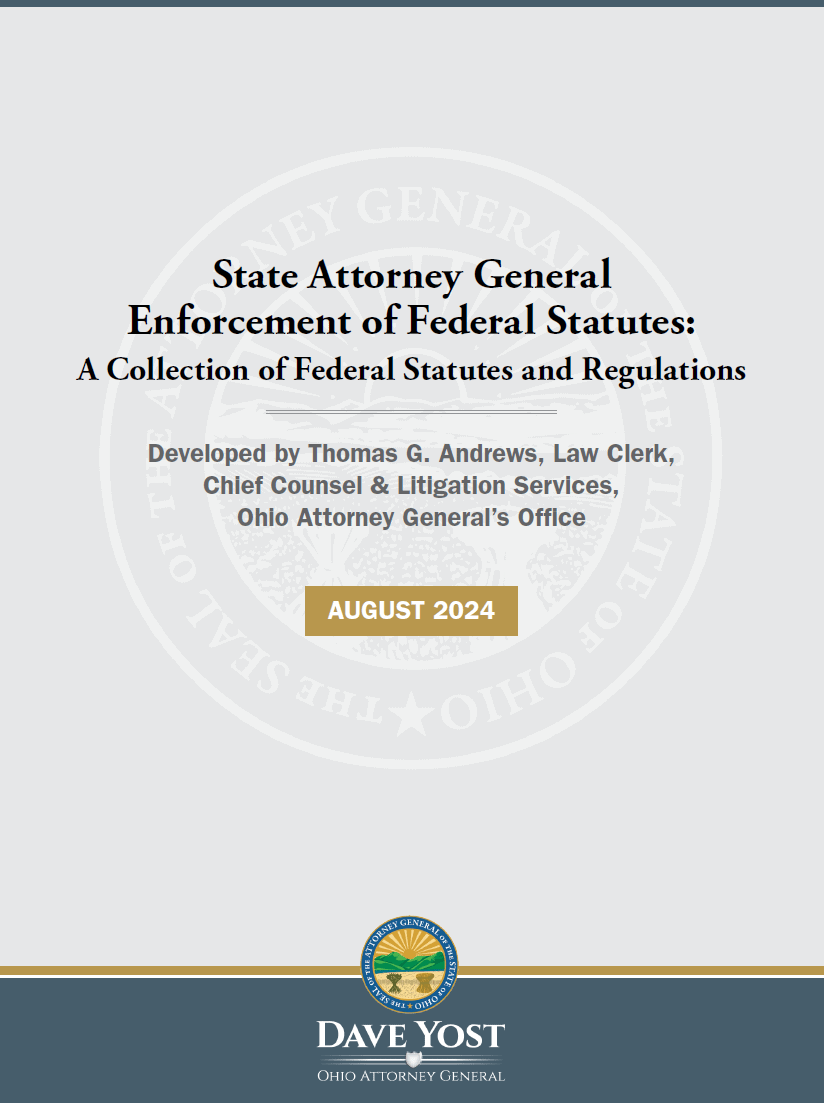The Arkansas Supreme Court recently clarified how sovereign immunity and statutory immunity apply to actions of the attorney general in Rutledge v. Remmel, 2022 Ark. 86 (Ark. 2022). Plaintiffs sued the attorney general in both her official and her individual capacity, seeking both injunctive and monetary relief. They alleged that the attorney general had filed briefs in national litigation that did not involve any state interests, without consulting the governor or other state agency heads. The plaintiffs also alleged that public funds spent by the attorney general on television and radio ads about consumer education were an illegal exaction prohibited by the Arkansas constitution.
The attorney general moved to dismiss the claims based on defenses of absolute immunity, sovereign immunity, and qualified immunity. The attorney general also argued the suit was barred by the political questions doctrine. The lower court addressed only sovereign immunity and qualified immunity, finding in each case that the attorney general was not entitled to such immunity, and the attorney general appealed. The supreme court limited its analysis to the two immunity defenses addressed by the lower court, overturned the lower court’s decision, and remanded the case for further decisions on the other issues.
The supreme court first examined the sovereign immunity defense. To overcome sovereign immunity, the plaintiff must plead facts that show that the official acted illegally, unconstitutionally, or ultra vires. Addressing the attorney general’s filing of briefs in out-of-state cases in which Arkansas is not a plaintiff, the court noted that the attorney general is directed by statute (Ark. Code § 25-16 703(a)) to “defend the interests of the state in matters before the United States Supreme Court and all other federal courts.” The court held that the statute does not require that Arkansas be a party in the case, and the court declined to impose that condition.
Plaintiffs argued that Ark. Code Ann. § 25-16-702 restricted the attorney general’s authority through its description of her power to represent state agencies. Section 702 provides that the attorney general shall be the attorney for all state officials, and “Whenever any officer or department . . . needs the services of an attorney, the matter shall be certified to the Attorney General for attention.” The court held that section 703 is broadly worded and does not reference the attorney general’s representation of state agencies. Therefore, section 702 does not impose a precondition for the attorney general to exercise her authority under section 703.
Turning to the question of spending on consumer education programming, the court noted that Ark. Code Ann. § 4-88-105(e)(3)(A) permits the attorney general to spend money from her “consumer Education and Enforcement Account” for consumer education “in a manner determined by the office of Attorney General.” The plaintiffs argued that running these advertisements during the run-up to the 2022 election exceeded the attorney general’s authority. The court found no evidence that spending during election season was prohibited and noted that the statute gives the attorney general discretion to spend these funds.
The supreme court next addressed the plaintiffs’ claim of illegal exaction, for which they sued the attorney general in her individual capacity. Under Arkansas law, state officers are immune from liability “for acts of omissions, other than malicious acts or omissions, occurring within the course and scope of their employment.” Ark. Code Ann. §19-10-305(a). This immunity applies unless the plaintiffs have pled facts showing that the acts or omissions were committed maliciously. The attorney general argued that qualified immunity applies to illegal exaction lawsuits for acts within the scope of her employment. In this case, the plaintiffs did not allege that the attorney general acted with “intent and disposition to do a wrongful act greatly injurious to another” as required by Arkansas caselaw. The supreme court held that the lower court should have dismissed the individual capacity claim.
Plaintiffs also sued the attorney general for illegal exaction in her official capacity. This claim is not barred by sovereign immunity because, the court held, “the more specific illegal-exaction provision from the constitution controls over the general sovereign-immunity provision.” Nor is it barred by qualified immunity, because only individual-capacity claims for illegal exaction are covered by qualified immunity. Because the lower court did not rule on whether absolute immunity would apply, the supreme court could not review that claim and dismissed the appeal with respect to this claim. The case was remanded to the trial court.




